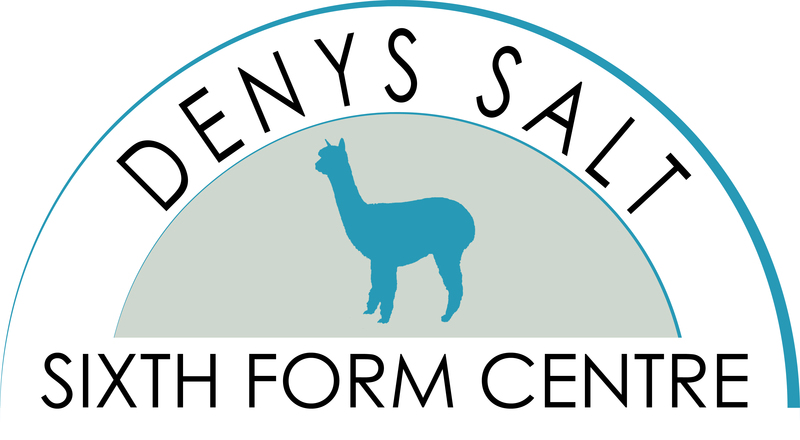
A Level Computer Science QAN code 60149115/2610 A-Level Computer Science prepares learners for the modern and changing world of computing. Computer Science is a practical subject where learners can apply the academic principles learned in the classroom to real-world systems. It’s an intensely creative subject that combines invention and excitement, that can look at the natural world through a digital prism. Computer Science qualifications will value computational thinking, helping learners to develop the skills to solve problems, design systems and understand the power and limits of human and machine intelligence. COMPUTING PRINCIPLES • The characteristics of contemporary processors, input, output and storage devices • Software and software development • Programming • Exchanging data • Data types, data structures and algorithms • Legal, moral, ethical and cultural issues ALGORITHMS AND PROBLEM SOLVING • Elements of computational thinking • Problem solving and programming • Algorithms PROGRAMMING PROJECT Learners will need to analyse the problem, design a solution, implement the solution and give a thorough evaluation. • HTML/CSS • C+ • JavaScript • Python • SQL • Java • and more…
A minimum of five GCSE passes at grades 4 or 5 including English Language and Maths. Students must then meet subject specific typical minimum entry requirements (listed below).
80% Exam/20% Coursework project.
About Education Provider
| Region | Yorkshire and the Humber |
| Local Authority | Bradford |
| Ofsted Rating | Good |
| Gender Type | Co-Educational |
| Address | Higher Coach Road, Baildon, Shipley, BD17 5RH |
A Level Computer Science QAN code 60149115/2610 A-Level Computer Science prepares learners for the modern and changing world of computing. Computer Science is a practical subject where learners can apply the academic principles learned in the classroom to real-world systems. It’s an intensely creative subject that combines invention and excitement, that can look at the natural world through a digital prism. Computer Science qualifications will value computational thinking, helping learners to develop the skills to solve problems, design systems and understand the power and limits of human and machine intelligence. COMPUTING PRINCIPLES • The characteristics of contemporary processors, input, output and storage devices • Software and software development • Programming • Exchanging data • Data types, data structures and algorithms • Legal, moral, ethical and cultural issues ALGORITHMS AND PROBLEM SOLVING • Elements of computational thinking • Problem solving and programming • Algorithms PROGRAMMING PROJECT Learners will need to analyse the problem, design a solution, implement the solution and give a thorough evaluation. • HTML/CSS • C+ • JavaScript • Python • SQL • Java • and more…
A minimum of five GCSE passes at grades 4 or 5 including English Language and Maths. Students must then meet subject specific typical minimum entry requirements (listed below).
80% Exam/20% Coursework project.